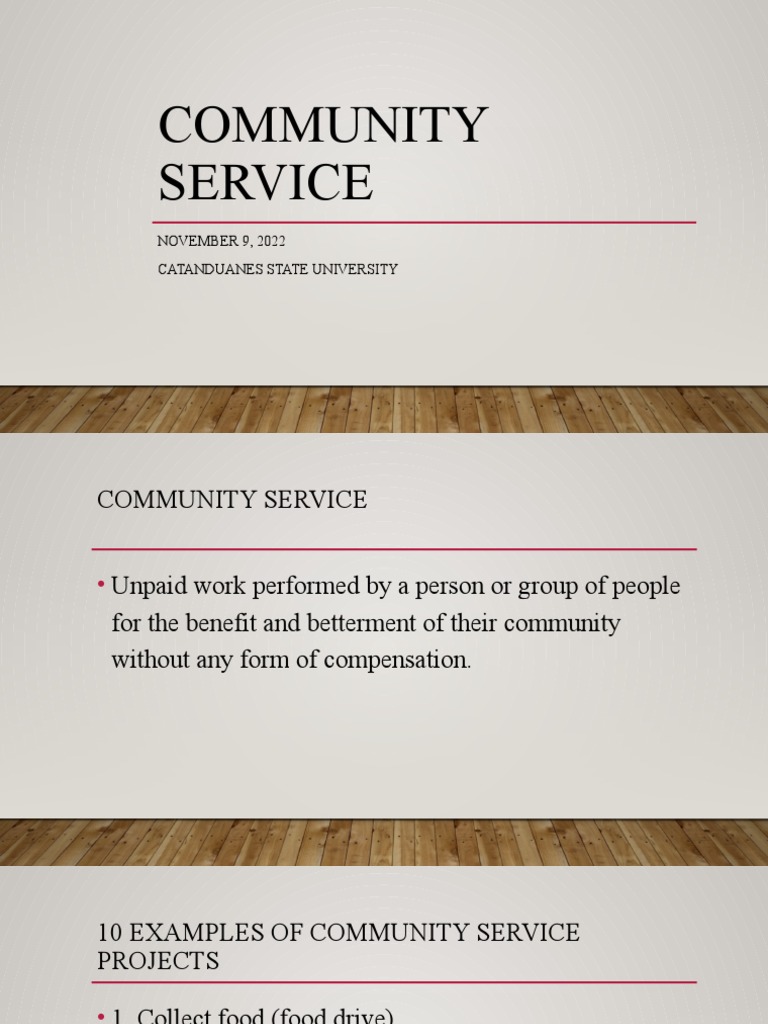Embarking on community service is akin to planting seeds in a garden; one must cultivate the right conditions for growth. The Bahá’í teachings provide profound insights into not only the act of serving others but also the requisite mindset that nurtures this altruistic endeavor. Thus, understanding whether one possesses the appropriate attitude for community service is paramount. The following guidelines delve into the Bahá’í principles that illuminate this path.
1. Embrace the Spirit of Service
At the heart of Bahá’í teachings lies the essence of service to humanity. This spirit is an invocation to transcend mere obligation. True service is not performed begrudgingly, but rather as a form of worship, embodying the belief that serving others is a means of connecting with the divine. It is essential to cultivate an inner conviction that lays the groundwork for sincere engagement with community service. Ask yourself: Do I see serving my community as an enriching experience that deepens my connection to the Creator?
2. Foster a Sense of Unity
In the realm of community service, the Bahá’í principle of unity is pivotal. The act of serving should dissolve the barriers of division. A true Bahá’í attitude is one that recognizes the inherent oneness of humanity. It is imperative to engage with a perspective that seeks harmony and collaboration, rather than fostering rivalry or competition. As you prepare to volunteer, consider: How do I contribute to a sense of togetherness among diverse populations?
3. Cultivate Humility
Humility serves as the fertile soil from which selfless service can flourish. The Bahá’í teachings admonish individuals to eschew arrogance and pride, promoting instead a disposition that recognizes the innate value of every person. This humility cultivates an attitude of learning and growth. Therefore, approaching community service with the understanding that one does not have all the answers creates space for genuine interactions. Reflect thoughtfully: Am I ready to learn from those I serve and acknowledge their intrinsic worth?
4. Sustain a Spirit of Generosity
A generous spirit transcends mere material giving; it encompasses time, compassion, and understanding. Bahá’í teachings encourage individuals to embrace generosity holistically. This attitude transforms community service from a transactional act into a profound exchange of love and support. It is essential to contemplate: How can I offer more than just physical assistance? Can my presence provide comfort, companionship, or even joy?
5. Nurture Patience and Resilience
Serving a community often requires not only altruism but also resilience in the face of challenges. The Bahá’í perspective recognizes that service may frequently encounter obstacles, and maintaining patience is vital to fostering meaningful change. The complexity of societal issues may lead to feelings of frustration; however, cultivating an attitude of perseverance can empower individuals to navigate these trials. Approach your volunteer work with the query: Am I prepared to face setbacks with fortitude and continue to advocate for my community?
6. Promote Equality and Justice
The pursuit of justice is paramount in Bahá’í thought, interwoven with the fabric of community service. Adopting a mindset that champions equality ensures that all individuals, regardless of their socio-economic background, receive the support they need. This perspective not only enriches interpersonal interactions but also fosters systemic change. Therefore, as you engage in service, ponder: Am I committed to lifting others, especially the marginalized, and advocating for equality in my actions?
7. Develop Gratitude
Gratitude acts as both the lens through which we understand our service and as the fuel that propels our efforts. The Bahá’í approach encourages individuals to recognize the interconnectedness of humanity, fostering appreciation for the contributions of others. This attitude not only enhances the experience of service but also enriches one’s own life. Consider: How does expressing gratitude shape my perception of community service, and how can I incorporate it into my interactions?
8. Foster an Open Mind and Heart
Openness is a vital component of an effective attitude towards community service. The Bahá’í teachings advocate for a willingness to embrace new ideas, perspectives, and cultures. This open-hearted approach enables volunteers to connect deeply with those they serve, enriching both the giver and the receiver. To cultivate this attitude, ask yourself: Am I prepared to listen, learn, and adapt as I engage with diverse communities?
Conclusion
In summary, the right attitude for community service, as illuminated by the Bahá’í teachings, encompasses a tapestry of virtues including humility, generosity, and unity. Engaging in community service is an invitation to contribute to the collective well-being of humanity, fostering a garden of compassion where every action, no matter how small, can yield transformative results. As you reflect on your motivations and mindset, let these principles guide you on your journey towards genuine, impactful service.
